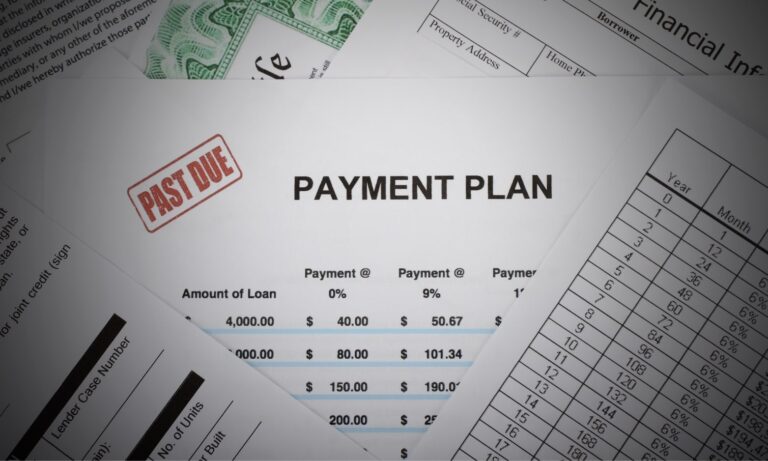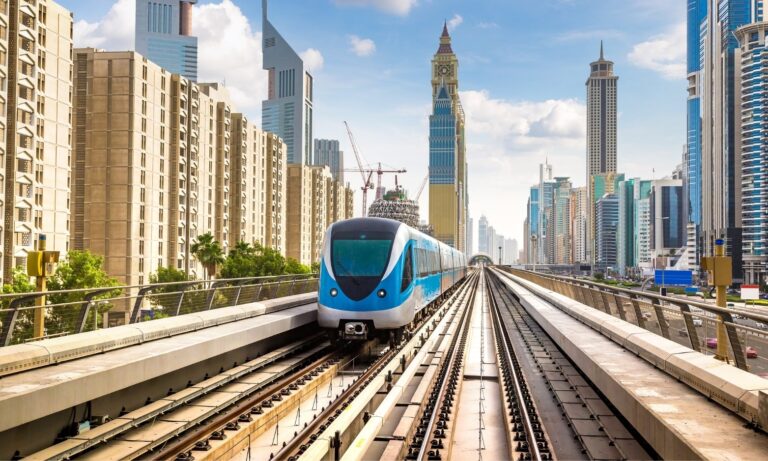Dubai’s skyline is a testament to vision, luxury, and limitless ambition. Behind the glittering towers and high-end communities, however, lies a crucial but often underestimated aspect of property ownership—property inspections. Whether you’re a landlord looking to preserve value, a homeowner focused on safety, or an investor protecting your asset, understanding property inspections in Dubai is essential.
This guide covers everything you need to know to make confident, informed decisions in Dubai’s dynamic real estate market.
Summary
- Property inspections provide peace of mind, negotiation leverage, safety assurance, and legal protection.
- Inspections cover structure, systems, safety measures, and external elements.
- Beneficial for buyers, sellers, landlords, and investors alike.
- Certified inspectors play a critical role in identifying problems and offering solutions.
- Regular inspections are key to effective property management.
- Dubai’s legal framework underscores the necessity of compliance through inspections.
- Includes practical steps and tips to navigate the inspection process with confidence.
Why Property Inspections Matter in Dubai
Think of a property inspection as a health check-up for real estate—it reveals underlying issues, verifies construction quality, and ensures legal compliance. While some may see it as a formality, its advantages are far-reaching:
- Peace of Mind: Whether renting or buying, knowing the property’s condition helps prevent unexpected surprises.
- Stronger Negotiations: Buyers can use inspection results to negotiate better terms. Sellers can fix issues beforehand to boost appeal.
- Safety Assurance: Structural and safety risks are often detected during inspections, protecting residents.
- Legal Protection: Inspection reports can serve as vital documentation in disputes within Dubai’s regulated property sector.
What’s Covered in a Dubai Property Inspection?
A professional property inspection goes far beyond surface-level checks. Certified inspectors assess all major systems and areas, including:
- Structural Soundness: Checks for cracks, moisture damage, or compromised foundations.
- Plumbing: Identifies leaks, blockages, or aging systems that could cause long-term issues.
- Electrical Systems: Evaluates wiring, switches, panels, and general electrical safety.
- HVAC: Assesses heating, ventilation, and air conditioning for efficiency and function.
- Safety Systems: Reviews smoke detectors, fire alarms, and emergency exits for code compliance.
- Outdoor Areas: For standalone properties, this can include roof inspections, gardens, driveways, and swimming pools.
Who Should Get a Property Inspection?
Property inspections are valuable for all key stakeholders in the Dubai property market:
- Buyers: Discover hidden issues and avoid post-purchase regrets or use findings to renegotiate.
- Landlords: Maintain your property’s condition, retain tenants, and ensure lease compliance.
- Sellers: Fix problems early, improve property value, and streamline negotiations.
- Investors: Make sure your asset meets quality and market standards before committing capital.
Why Certified Inspectors Matter
Certified property inspectors are the experts behind accurate and trustworthy evaluations. In Dubai, many professionals are trained in local laws and building standards. Choosing a reputable, experienced inspector is essential—their insights can make a significant difference in your property decision.
How to Navigate a Property Inspection in Dubai
Follow these key steps for a smooth and effective inspection experience:
- Choose Wisely: Research and hire a certified inspector with strong local credentials and positive reviews.
- Prepare the Property: Ensure access to all areas so the inspector can work efficiently.
- Attend the Inspection: While optional, being present allows for direct interaction and better understanding.
- Review the Report: Pay close attention to findings, photos, and recommended actions.
- Act on Insights: Whether renegotiating, scheduling repairs, or walking away, use the report to guide your next steps.
Inspections as a Property Management Tool
For landlords, inspections shouldn’t be a one-time event. They’re vital to effective property management and long-term ROI:
- Catch Issues Early: Spot small problems before they become expensive repairs.
- Keep Tenants Happy: Well-maintained homes reduce tenant turnover.
- Ensure Lease Compliance: Confirm tenants are caring for the property as agreed.
Dubai’s Legal Framework & Inspections
Dubai’s real estate sector is governed by strong legal safeguards:
- Ejari System: All leases must be registered, ensuring legal protection and transparency.
- Dubai Land Department (DLD): Oversees all real estate transactions and enforces compliance.
- Strata Law: Applies to shared ownership properties and outlines responsibilities for common area upkeep.
Regular property inspections help ensure adherence to these regulations and avoid legal complications.
Tips for a Successful Property Inspection
- Start Early: Schedule inspections at the beginning of a transaction to allow time for action.
- Avoid Shortcuts: Choose thorough inspections over cheap or rushed ones.
- Ask Questions: Use the inspection as an opportunity to learn from the expert.
- Follow Through: Take prompt action on any issues discovered, no matter your role.
Knowledge is Power in Dubai’s Real Estate Market
In Dubai’s fast-paced property market, inspections aren’t just helpful—they’re essential. Whether buying, selling, renting, or investing, an inspection can protect you from costly mistakes and provide the confidence to move forward.
Before you commit, ensure a property inspection is on your checklist. It’s more than a procedure—it’s a safeguard for your future in one of the world’s most exciting real estate environments.
For more info contact HawkandStag real estate LLC Team today.




